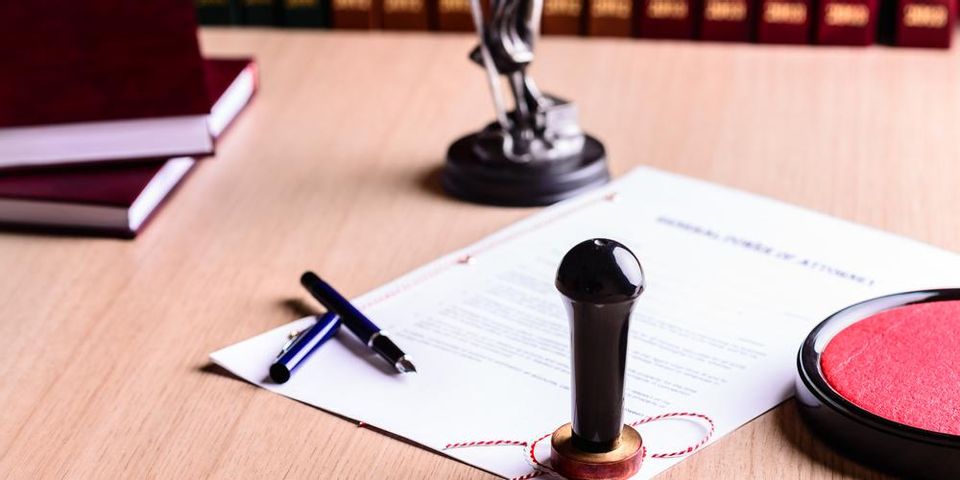
A power of attorney (POA) is a legal document that allows you to designate another individual to act on your behalf in certain scenarios. For example, those who are writing their living will need to designate a power of attorney to manage their medical decisions in the event they become incapacitated.
Before traveling or undergoing a medical procedure, many individuals opt to create a POA allowing someone to act on their behalf in case they are unable to take care of things on their own. However, the potential for incapacitation isn’t the only reason one might need to create a power of attorney. This legal document may be created in any circumstance in which one individual wants to designate another individual to manage their personal affairs.
A Guide to Power of Attorneys
How It Works
Many people establish spouses, friends, or family members as their power of attorney. Ultimately, the designated individual should be someone you trust. Whether you’re away on vacation or in a coma, this person has the power to act for you. These people can protect your financial or real estate interests, make compassionate medical decisions that correspond with your wishes, and can keep your personal matters out of the court system. If an individual fails to appoint a POA, in some cases, the court may instead appoint one for you, often times after a lengthy and costly court proceeding.
Wills vs. POAs
 It’s important to note that wills and powers of attorney are distinct legal documents. Wills deal with your wishes after you die, while powers of attorney are concerned with your finances, medical situation, and other personal matters while you’re still alive. Contrary to popular belief, these documents cannot be substituted for one another.
It’s important to note that wills and powers of attorney are distinct legal documents. Wills deal with your wishes after you die, while powers of attorney are concerned with your finances, medical situation, and other personal matters while you’re still alive. Contrary to popular belief, these documents cannot be substituted for one another.
Types of POAs
Individuals may grant various powers to their POA. Some may choose to designate a general power of attorney, for instance, which grants broad powers to act on your behalf. If you leave the country and need someone to handle your business and personal matters, or want to designate a trusted individual to manage all your medical and financial concerns in case you become incapacitated, a general power of attorney may be the right choice. If you want to designate an individual to handle a specific task, such as collecting debts, you will need a special power of attorney. There are also health care power of attorneys, who specifically manage medical concerns.
If you need to create a power of attorney in Honolulu, HI, talk to the lawyers who can help. The team from Ng & Niebling can help you understand your options and create a document that will keep you protected. To schedule your complimentary consultation, call today at (808) 732-7788. For more information, visit the law firm online.
About the Business
Have a question? Ask the experts!
Send your question

